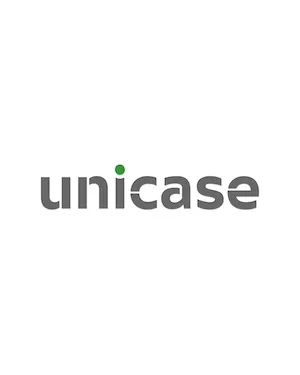Starting January 1st, 2025, category I facilities, i.e., facilities that significantly impact the environment, will be required to have an Integrated Environmental Permit (IEP).
An Integrated Environmental Permit is a document to ensure a comprehensive prevention of environmental pollution using the Best Available Techniques, minimising and controlling negative anthropogenic environmental impact.
This instrument makes it possible to prevent pollution with the help of effective technologies to reduce the negative impact of economic activities on the environment to ensure targeted environmental quality indicators. Whereas there were only administrative penalties for non-compliance with environmental regulations, with the introduction of an integrated environmental permit, measures will be taken to comprehensively prevent and control pollution. Thereby, the state stimulates facilities to prevent and reduce pollution by implementing technologies and exempts from eco-payments for emissions, collection of pollutants, waste disposal, etc., established by the Tax Code. -
Obtaining an IEP is not required for:
- Category I facilities commissioned before 1 July 2021, and
- Category I facilities that have not been put into operation and whose projects have received a positive conclusion of the state environmental expertise or integrated non-departmental expertise before 1 July 2021.
Obtaining an IEP is required for:
- planned reconstruction of these (previous column) facilities,
- the projects which do not have a valid positive conclusion of the state environmental expertise or integrated non-departmental expertise issued before 1 July 2021.
Individual Approach
IEP issued before 1 July 2021, including specified therein technology-specific standards, remain valid until 1 January 2031 should they comply with the Best Available Techniques conclusions for their respective areas of application.
The Integrated Environmental Permit contains technical
processes, emissions, permissible physical impacts on the natural
environment and waste management standards; limits for open sulphur
disposal on sulphur maps (if applicable), limits for special water
use (if applicable), energy efficiency and energy saving measures;
waste management, emergencies and industrial environmental control
programmes and measures to prevent soil and groundwater
pollution.
The Integrated Environmental Permit is valid indefinitely.
Operators of other category facilities may voluntarily obtain an
Integrated Environmental Permit should they have conclusions on the
Best Available Techniques for the relevant technological process or
branch of production approved by the Government of the Republic of
Kazakhstan.
The content of this article is intended to provide a general guide to the subject matter. Specialist advice should be sought about your specific circumstances.


